
Talking to the Government E-newspaper about the traditional cooperative relationship between Vietnam and China as well as the upcoming official visit to Vietnam by General Secretary and President of China Xi Jinping, Dr. Nguyen - Dieu Huong, Academy of Social Sciences (Vietnam Academy of Social Sciences), emphasized the highlights in the relationship between the two countries.
Special features in diplomatic relations between Vietnam and China
Dr. Nguyen Dieu Huong said that 15 years after the two countries established a comprehensive and special strategic cooperative partnership following General Secretary Nguyen Phu Trong's visit to China in October 2022, the traditional friendship and cooperation between the two countries have made great strides.
Regarding political cooperation, right after the visit of General Secretary Nguyen Phu Trong in October last year, the two countries' senior leaders had many visits and worked together. Through these visits, the two sides have proposed directions and key tasks for cooperation in the coming time. Vietnam expressed its support for China's political strategies such as: Four comprehensives, the overall layout of the Five-in-One, the new development perspective put forward at the 20th Congress, China's New Initiatives, etc.
Regarding economic cooperation, bilateral trade cooperation has developed rapidly over the past 15 years, and investment cooperation has been remarkably effective. Specifically, Vietnam is China's largest trading partner in Southeast Asia and China's fourth largest trading partner in the world. Bilateral trade turnover has exceeded 200 billion USD in some years, and in the first 10 months of this year, trade turnover between the two countries reached 185.1 billion USD. China is Vietnam's largest import market and Vietnam's second largest export market. Vietnamese agricultural products are always popular in China and have an increasing export volume.
Investment cooperation between China and Vietnam has become more effective. The amount of investment in Vietnam by Chinese investors has increased, the investment fields are wide, and the growth is fast. As of August 2023, Chinese investors have invested nearly 4,000 projects in Vietnam, with a total registered capital of 26 billion USD, ranking 6th out of 143 countries and territories investing in Vietnam.
Regarding defense and security cooperation: In recent years, the two countries' armies have had many cooperations, the work of building mechanisms has also made certain progress, especially the work of cooperation in disease prevention, patrol activities have been deployed smoothly, demonstrating the friendly exchange trend between the two countries' armies. Vietnam and China most recently successfully organized the 7th border defense exchange in April 2022 in Chongzuo - Guangxi. China said it will continue to deepen defense cooperation at sea, continue to carry out training and exercise cooperation.
People-to-people and cultural exchange activities between the two countries over the past 15 years have been promoted and diversified in form. The Vietnam-China People's Forum has been held 11 times. In particular, friendly exchange activities between Vietnamese and Chinese youth are held annually in many forms, both in person and online, between regions of the two countries. Through friendly exchange activities, the youth of the two countries have increased their mutual understanding, and the Youth Union activities of the two countries are very practical, contributing to increasing the friendship of the young generations of the two countries. In addition, Vietnam and China have also had many scholarship programs and student exchange programs.
Dr. Nguyen Dieu Huong believes that the most special point in the diplomatic relationship between Vietnam and China is the development in stability.

General Secretary Nguyen Phu Trong and General Secretary and President of China Xi Jinping at the welcoming ceremony for General Secretary Nguyen Phu Trong on an official visit to the People's Republic of China from October 30 to November 1, 2022. Photo: VNA
The visit has a very special historical significance.
At the invitation of General Secretary Nguyen Phu Trong and President Vo Van Thuong, General Secretary and President of China Xi Jinping will pay a state visit to Vietnam on December 12-13. According to Dr. Nguyen Dieu Huong, this is a visit of extremely special historical significance.
Firstly, this is Mr. Xi Jinping’s third visit to Vietnam as General Secretary and President of the People’s Republic of China. This is the first time a Chinese General Secretary has visited Vietnam three times. This demonstrates the great interest of Chinese leaders in general and Mr. Xi Jinping in particular in Vietnam.
Second, the context of this visit is quite special. This year marks the 15th anniversary of the establishment of the Comprehensive Strategic Cooperative Partnership between Vietnam and China (2008-2023). China is the first country with which Vietnam has established this cooperative relationship, and Vietnam is the first country in ASEAN with which China has established this diplomatic framework. This demonstrates the support and enthusiasm of both sides for each other.
Third, Xi Jinping’s visit to Vietnam is expected to open a new and better development phase for the relationship between the two countries. According to Chinese Ambassador Xiong Ba, the cooperative relationship between Vietnam and China is at its highest level in history. Therefore, Dr. Nguyen Dieu Huong believes that Xi Jinping’s visit will strengthen political trust and tighten the friendship between the people of the two countries.
There is still a lot of room for development in diplomatic relations between the two countries.
Referring to the advantages and bright spots in the relationship between Vietnam and China to look towards the future, Dr. Nguyen Dieu Huong said that Vietnam and China have many advantages and bright spots to develop the relationship in the future. It can be said that the room for developing the relationship between the two countries is still very large.
The biggest advantage is that Vietnam and China have many similarities. The political systems of both countries are led by the Communist Party and are moving towards socialism. The economies of both countries have transformed from a planned subsidy mechanism to a market mechanism. The cultures of both countries have been intertwined over a very long period of history. These similarities are the most favorable conditions for the two countries to develop diplomatic relations in the past and in the future.
The geographical location is also a great advantage for the two countries to develop trade cooperation. Vietnam and China have a border of more than 1,400 km. Vietnam has 7 provinces from West to East: Dien Bien, Lai Chau, Lao Cai, Ha Giang, Cao Bang, Lang Son and Quang Ninh, bordering the two provinces of Yunnan and the Guangxi Zhuang Autonomous Region of China. Vietnam is a country with many unique agricultural products exported in large quantities, receiving the favor of countries around the world. China is Vietnam's second largest export market, a huge market for agricultural products for Vietnamese farmers.
One of the bright spots in the diplomatic relations between Vietnam and China, according to Dr. Nguyen Dieu Huong, is the cultural and tourism exchange between the people of the two countries. Through cultural and tourism exchanges, people of the two countries have the opportunity to understand each other's country, culture, customs and practices better, strengthening the spirit of solidarity and friendship between the people of the two countries. Especially through cultural exchanges, the two countries can open up opportunities for cooperation in other fields, especially cooperation in the socio-economic field in border localities. Through the exchange of experiences in developing the cultural industry, both countries have found solutions and mechanisms to develop their tourism potential. Therefore, cultural and tourism exchanges are considered a bridge to effectively enhance the diplomatic relations between the two countries in the future.
Source


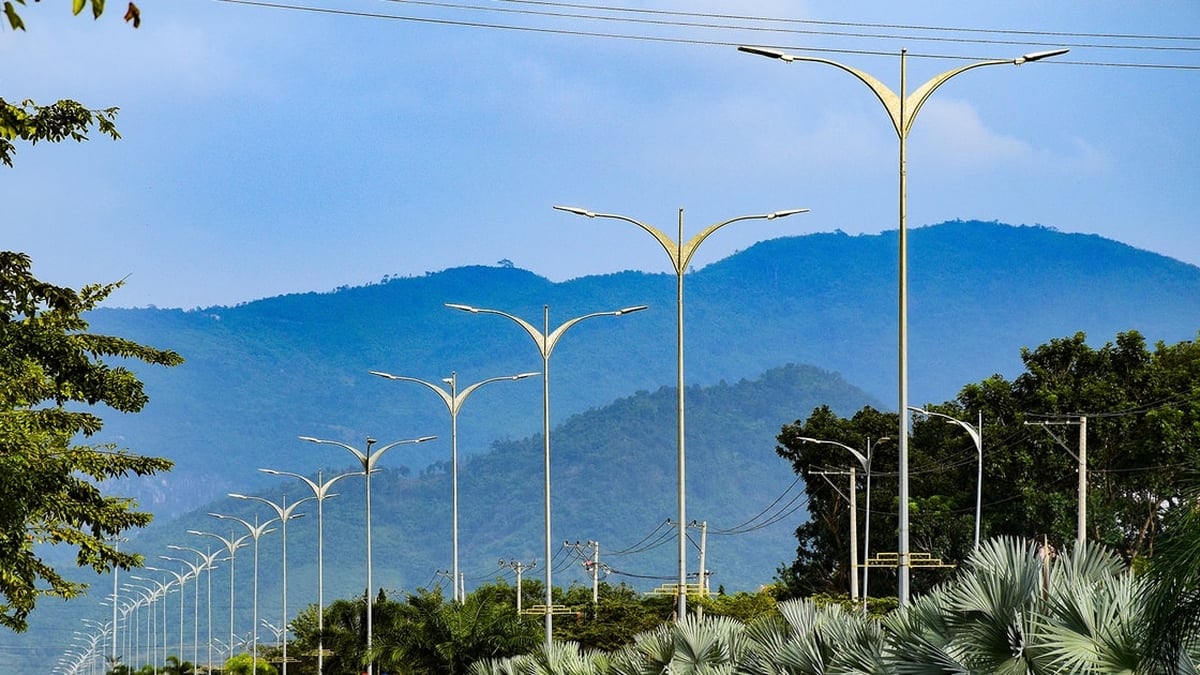
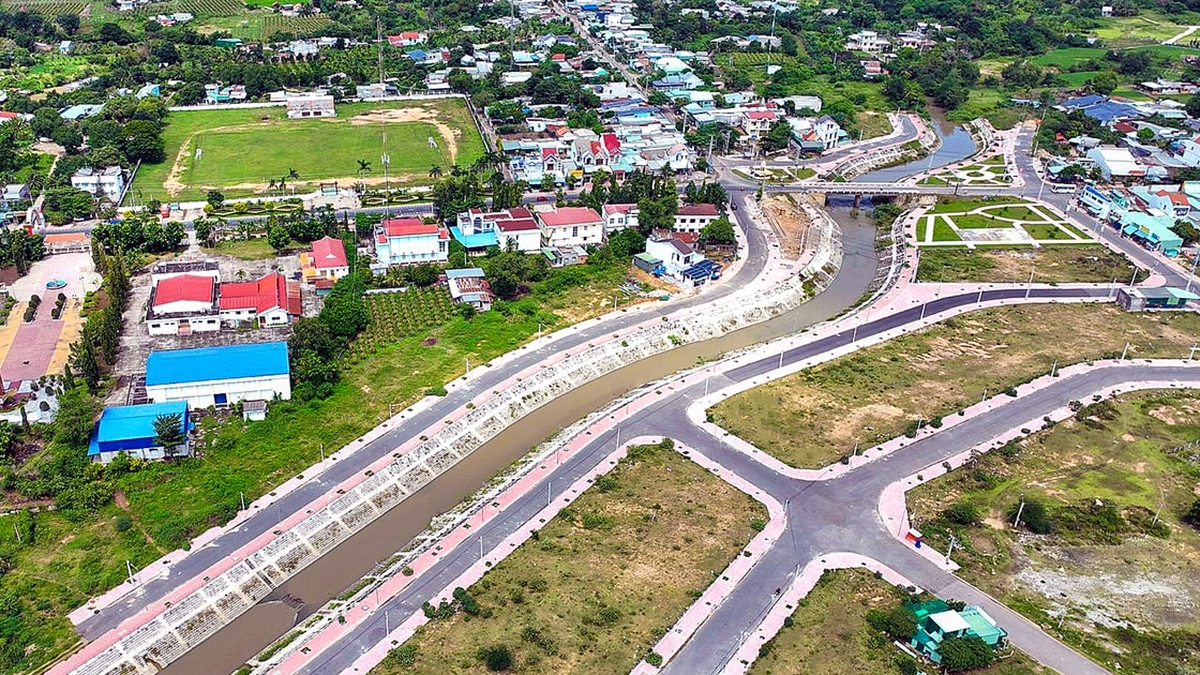
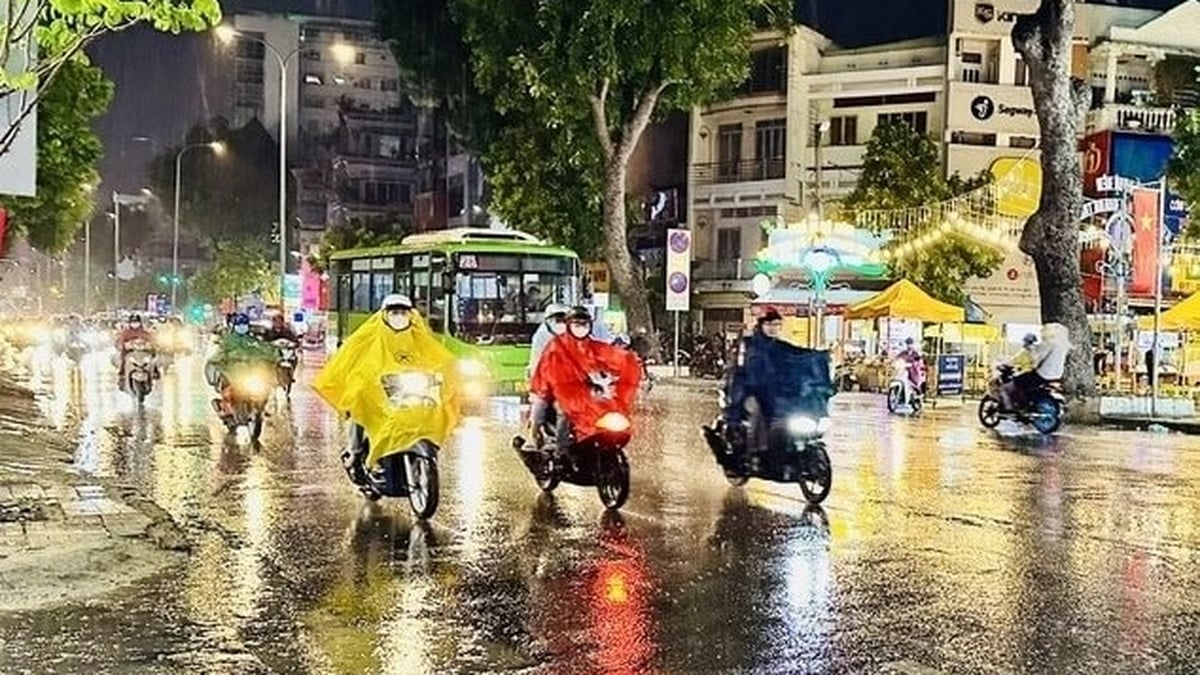
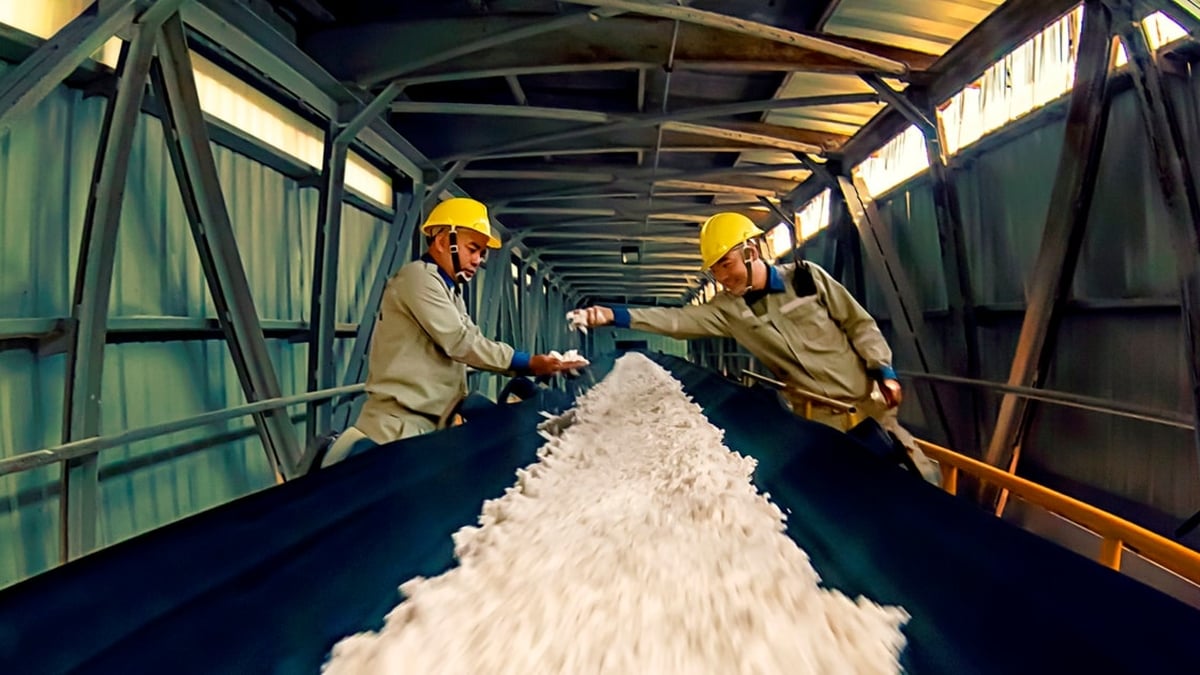
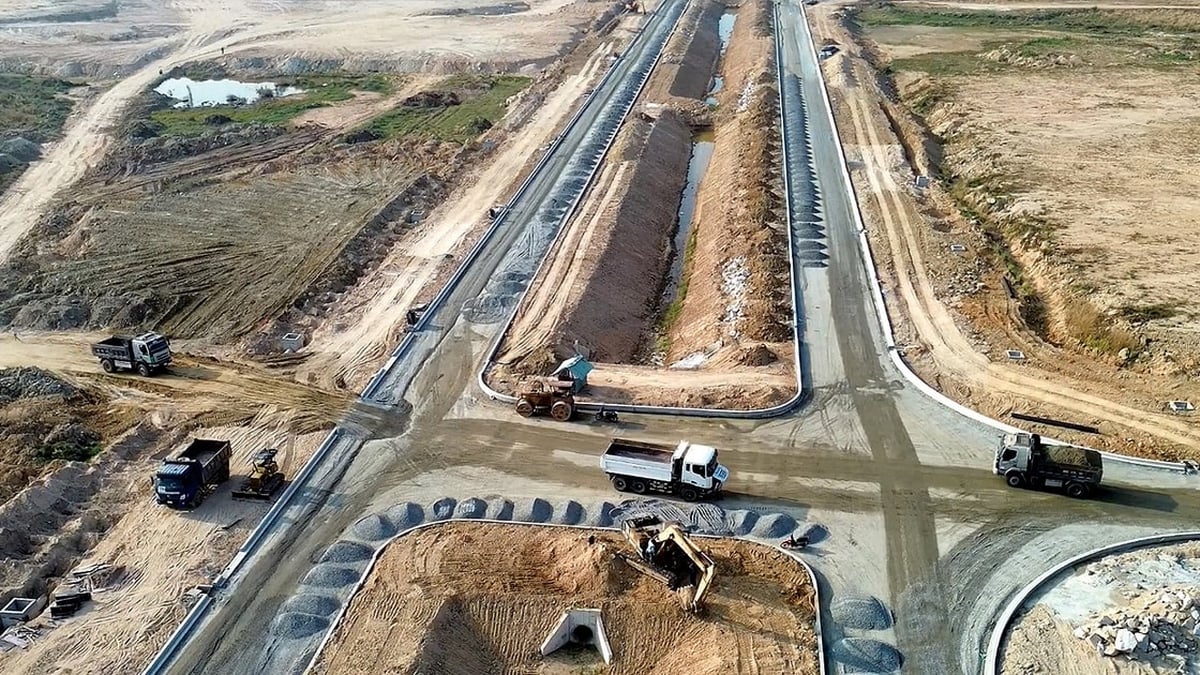

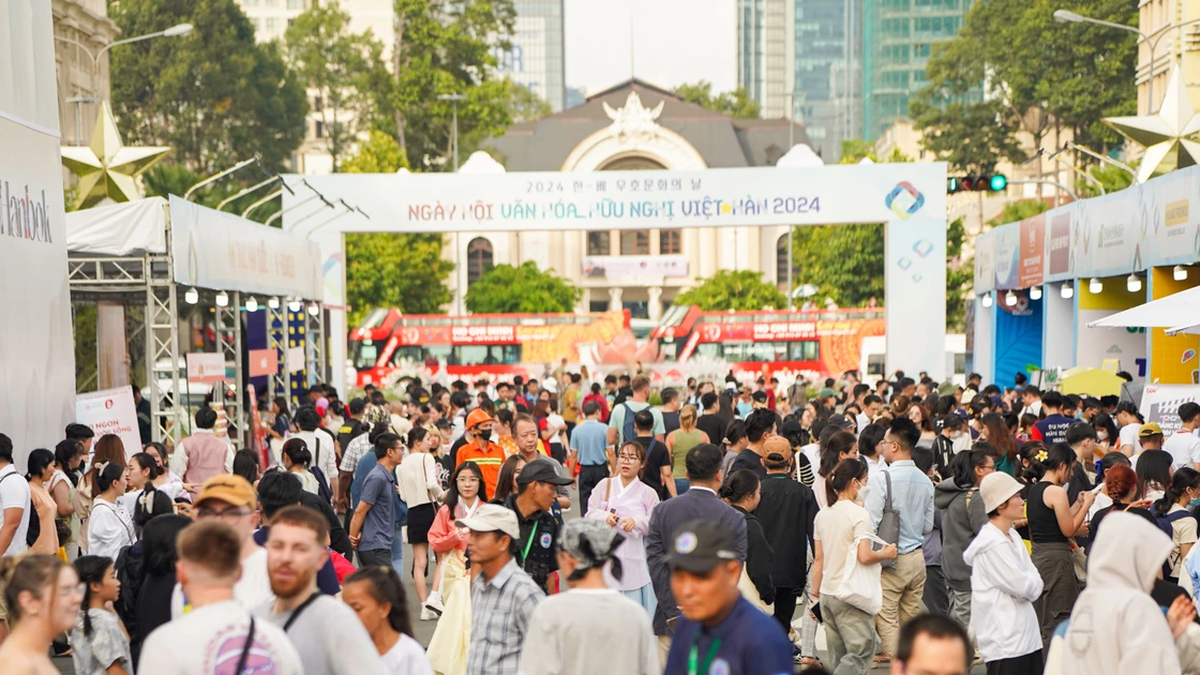
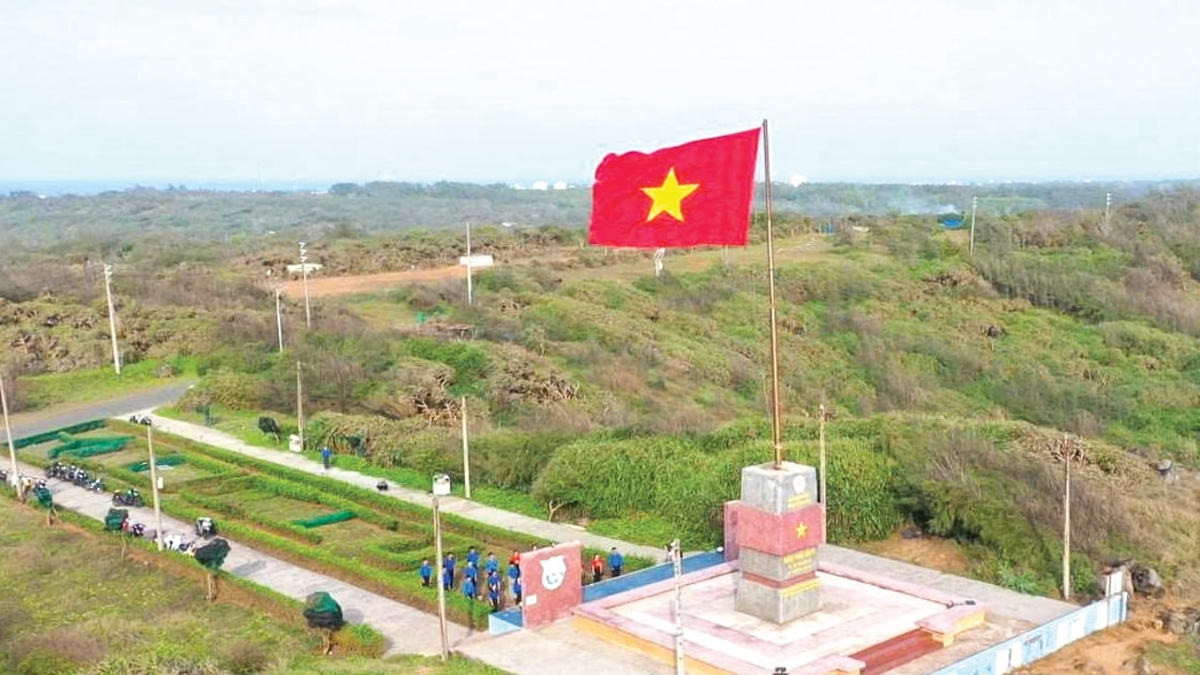
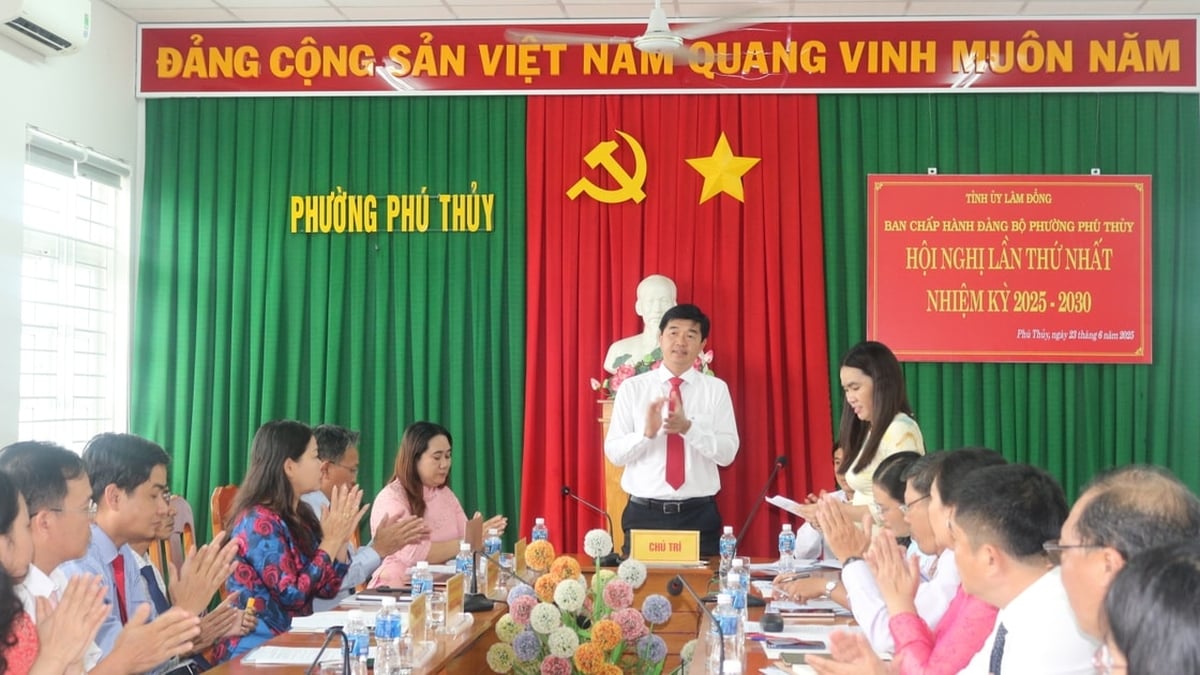














![[Photo] Signing of cooperation between ministries, branches and localities of Vietnam and Senegal](https://vphoto.vietnam.vn/thumb/1200x675/vietnam/resource/IMAGE/2025/7/24/6147c654b0ae4f2793188e982e272651)






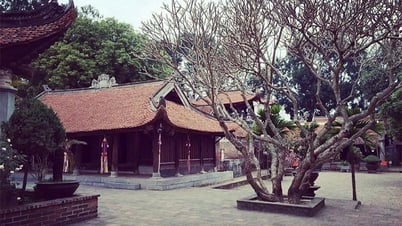







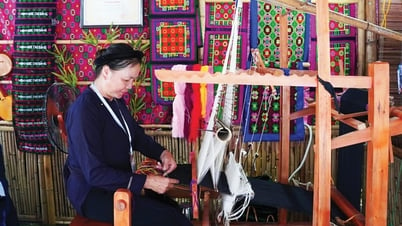





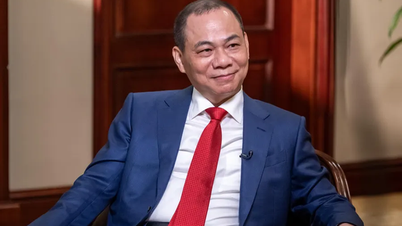






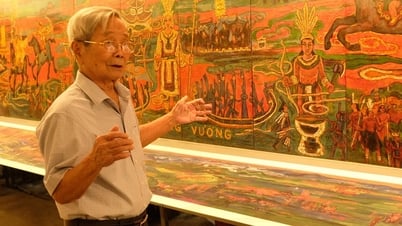

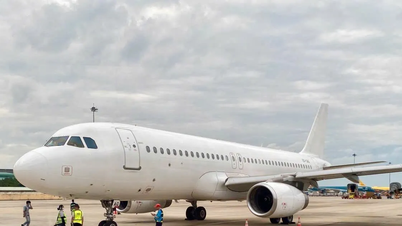

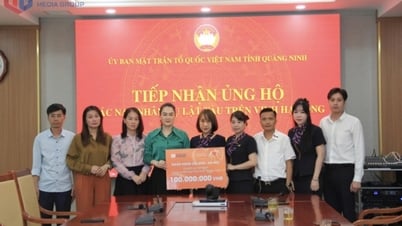





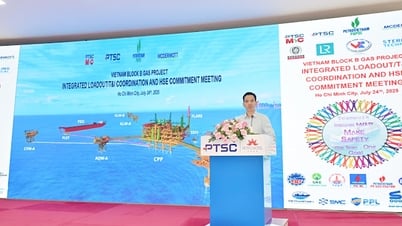


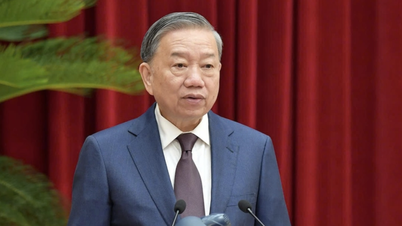

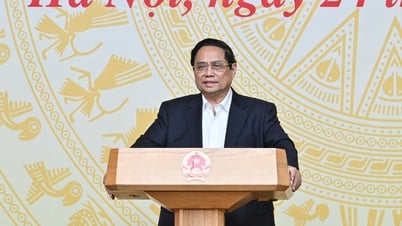
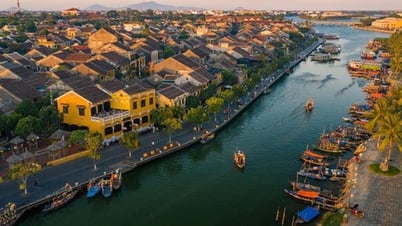
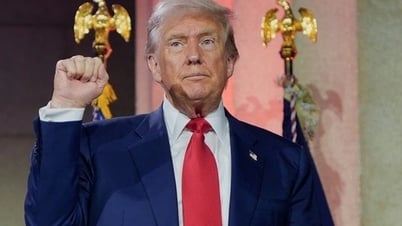

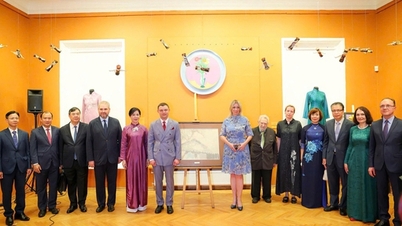

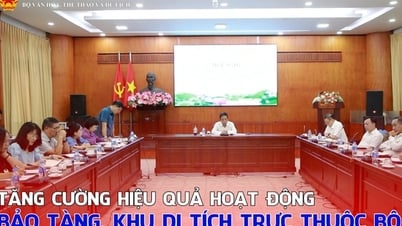
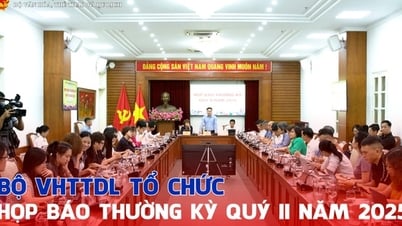
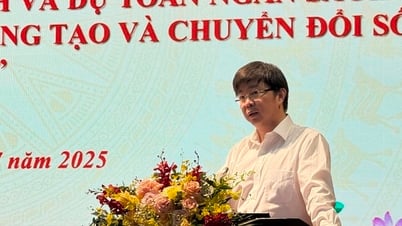

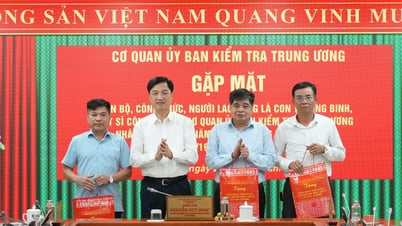

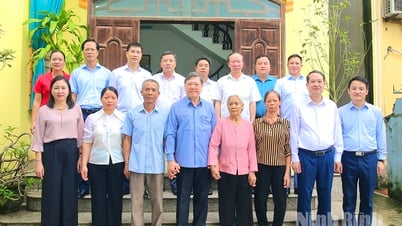









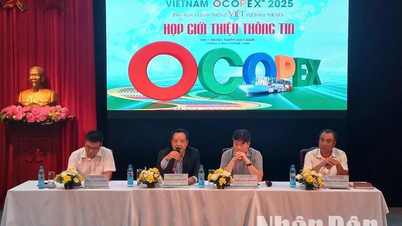
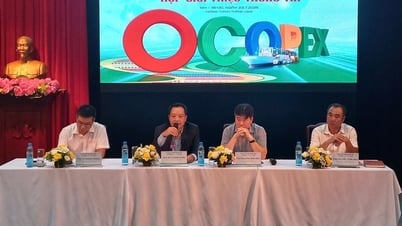







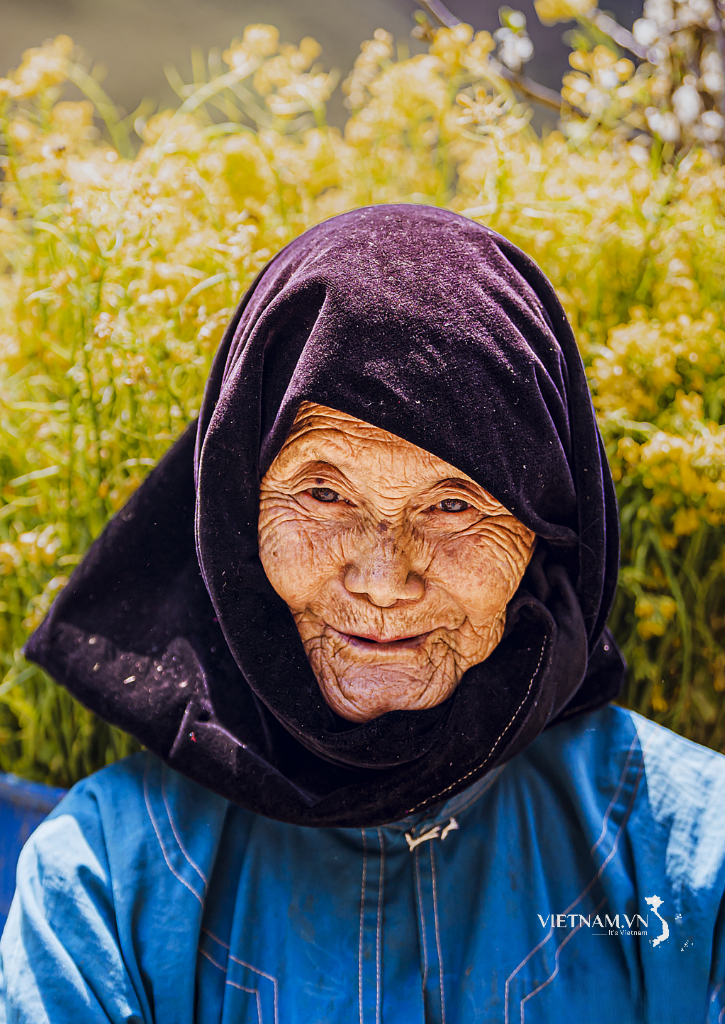

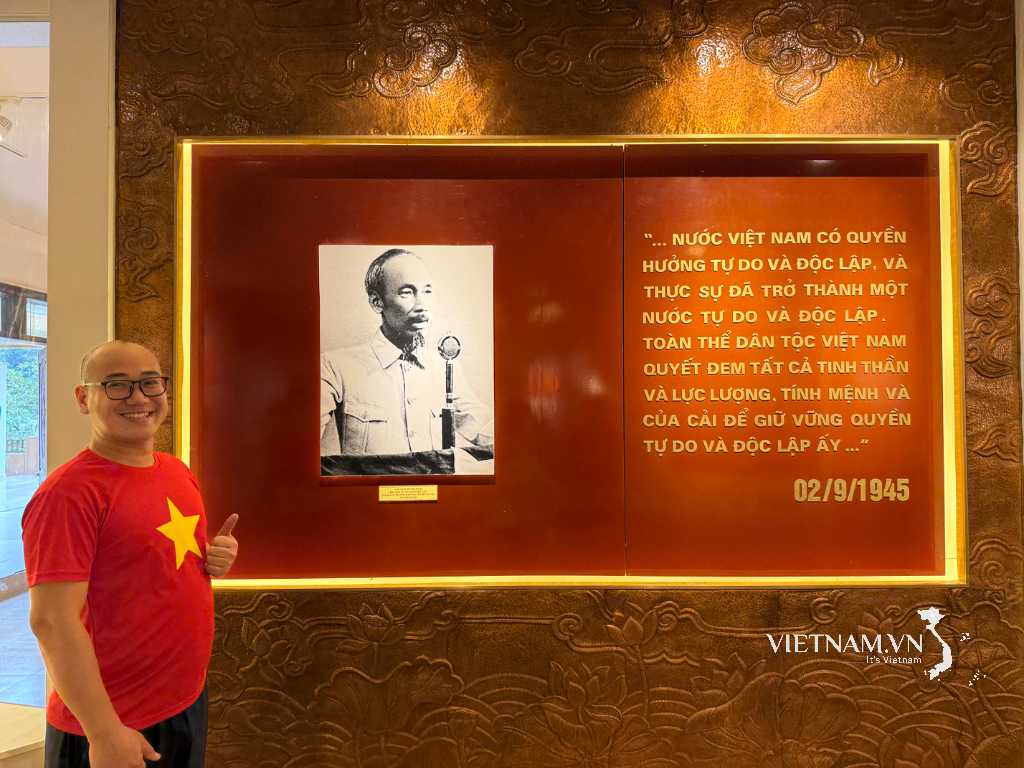
Comment (0)